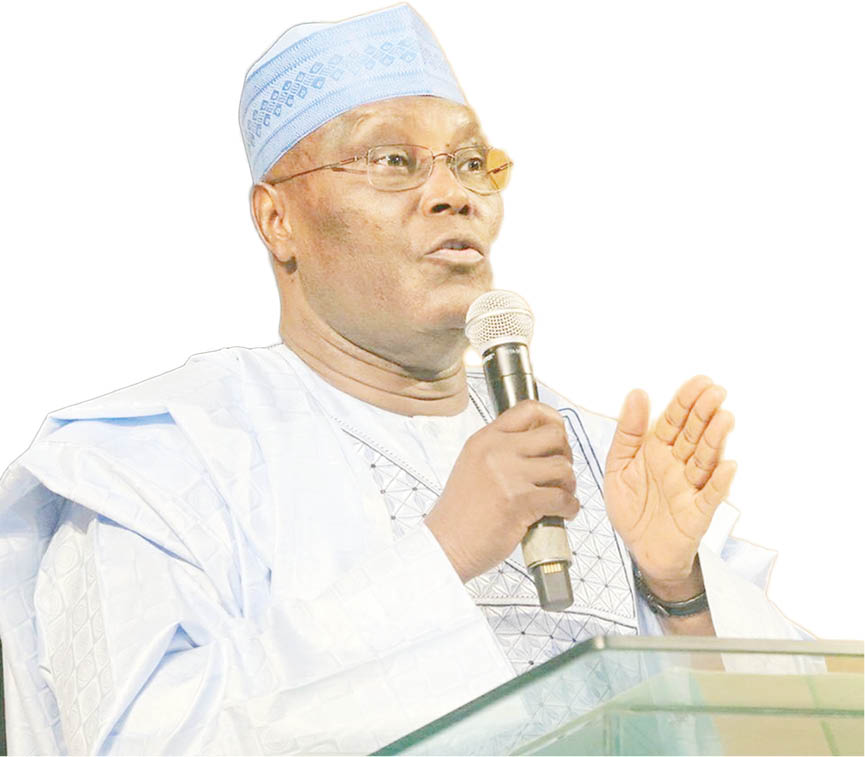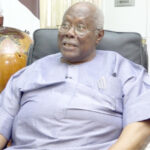With Nigeria stuttering under the weight of so many challenges which today nip at the heels of everyday Nigerians with frightening ferocity, there is a consensus in the court of public opinion and the market of the masses where the ruination of public office and public values resound most that 2023 will prove a pivotal year in determining whether the Giant of Africa will head for safer waters or hit the rocks.
For one, it is the year President Muhammadu Buhari will leave office after eight years during which Nigerians would have combed the heights of hope and plumbed the depths of despair.
- NRM’s national convention for March 30 in Abuja
- As nations prioritise clean energy, Nigeria still struggling with fossil fuel
The year 2023 would also afford the country another opportunity to taste the leadership of someone else and compare and contrast the same with what they had from 2015 in fidelity to the well-worn saying that variety is the spice of life.
A blazing question however remains about what Nigerians can do to shape 2023 and beyond, and just how much water they can squeeze out from a year that is poised to pile on so many rocks.
On March 23, 2022, former Vice President, Atiku Abubakar, declared his presidential aspiration in Abuja for the sixth time. He followed it up by unveiling a five-point agenda that highlighted the unity of Nigeria, security, economy, education, and devolving more resources and powers to the federating units.
Mr. Atiku is having a sixth shot as Nigeria`s highest office. The first time was in 1992. In 1999 and 2003, he was content to play second fiddle to his boss Mr. Olusegun Obasanjo who was then President of Nigeria.
Attempts in 2007, 2011, 2015, and 2019 fell just short each time. However, for the sixth time, the Adamawa State-born business mogul seems to have a sixth sense that his time has come.
It seems he can also hear the drums of destiny pounding wildly. At the declaration, alluding to his humble beginnings to highlight the unstoppable power of dreams and possibilities for Nigeria, Atiku said, “Who could have ever imagined, an 11-year-old village orphan, who had to rear other people’s cattle to raise money to feed his family, would have the opportunity to go to school for free, rise through the cadre of a decent profession, establish successful businesses, and become vice president of this country?”
Mr. Atiku’s ambition already has tongues wagging. It is also sundering opinions like hot knife coursing through butter. The former governor-elect of Adamawa State has only ever served Nigeria in a public capacity as the vice president of the country when Mr. Olusegun Obasanjo was president of the country. In that capacity and overshadowed by his pugnacious boss, Mr. Atiku Abubakar could not be fairly assessed for what he brought to the table given the constraints deputies of high-handed public office holders live within Nigeria.
But does Mr. Atiku have what it takes to lead Nigeria? Does he have what it would take to make something better out of the leadership of the country beyond the mighty mess of the last seven years?
His supporters think so. They point to his exposure, cosmopolitan disposition, and humble beginnings which have today roared into a chain of successful businesses to show that he has a complete skill set necessary to canvass Nigeria’s delicate diversity.
His detractors disagree: they point to the fact that Mr. Atiku is serially accused of sleaze which trailed him from his time as chairman of Nigeria Customs Services to his time in office as Nigeria’s vice president. But he has never been convicted for anything.
The question of which region should produce the President of Nigeria in 2023 is also raging. The Igbos of Southeast Nigeria are unwavering in their belief that it is their turn to have a go. Many others agree that in the interest of equity, the Igbos should get it, but not Mr. Atiku or Mr. Raymond Dokpesi of DAAR Communications, one of his most ardent supporters, who have since rubbished any claim about zoning.
Mr. Atiku is running on the platform of the PDP, a behemoth political party that practically ran Nigeria aground between 1999 and 2015. Whether Nigerians have properly recovered as to be willing to hop into the rollercoaster of the PDP again remains to be seen.
It is sobering that at a time when Nigeria stands in critical need of men who can step up, seize the moment and save the day, such men are in critically short supply.
At 75, only time will tell whether Mr. Atiku`s sixth sense that the time has ripened for him to lead Nigeria will prove correct. Meanwhile, Nigerians can dust up their voter cards and take their fate into their hands when the day appointed by destiny finally makes its long-awaited descent.
By Kene Obiezu who writes from Anambra State

 Join Daily Trust WhatsApp Community For Quick Access To News and Happenings Around You.
Join Daily Trust WhatsApp Community For Quick Access To News and Happenings Around You.


